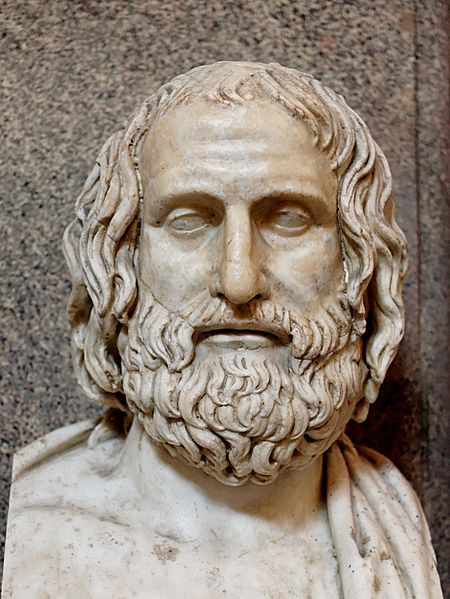Iphigenia At Aulis Euripides - Euripides turned to playwriting at a young age, achieving his first victory in the dramatic competitions of the Athenian City Dionysia in 441 b.c.e. He would be awarded this honor three more times in his life, and once more posthumously. Together with Aeschylus and Sophocles, Euripides would provide the canon of Greek tragedy and thereby lay the foundation of Western theatre. Eighteen of Euripides' ninety-two works remain today, making his the largest extant collection of work by an ancient playwright. "Iphigenia at Aulis" is part of a trilogy which is the last remaining work of Euripides. It was produced a year after his death by his son or nephew, and received first place at the Athenian City Dionysia. The story takes place before and during the Trojan War, when Agamemnon must decide whether or not to sacrifice his daughter, Iphigenia, for the sake of Troy's honor. It explores timeless themes of honor, sacrifice, hypocrisy and courage.
Dieser Download kann aus rechtlichen Gründen nur mit Rechnungsadresse in A, B, BG, CY, CZ, D, DK, EW, E, FIN, F, GR, H, IRL, I, LT, L, LR, M, NL, PL, P, R, S, SLO, SK ausgeliefert werden.










